Today in the lab we have an AMD Radeon Pro WX 8200 professional workstation graphics card, this new line up of GPU’s based on AMD’s Vega architecture announced at SIGGRAPH last August. The AMD Radeon Pro WX 8200 includes 8GB of HBM2 ECC memory that gives 512 GB/s Memory Bandwidth on a 2,048-bit interface. The WX 8200 runs 3,584 Stream Processors (56 Compute Units) and can deliver Half Precision (FP16) 21.5 TFLOPS, Single Precision (FP32) 10.75 TFLOPS and Double Precision (FP64) 672 GFLOPS which is impressive. For those that are security minded, the WX 8200 also features a dedicated AMD Secure Processor which forges a secure world in the GPU for trusted applications. In our review, we are going to take a look at the graphics processor, and then take a look at its performance.
Key Features and Specifications
Here are the key specifications for the AMD Radeon Pro WX 8200:
|
Graphics Core Next Stream Processors |
3584 (56 Compute Units) |
|
Memory Size |
8 GB HBM2 |
|
Memory Bandwidth |
512 GB/s |
|
Memory Interface |
2048-Bit |
|
Display Outputs |
(4x) Mini-DisplayPort 1.41 |
|
Display Output Support (@ 60Hz) |
4 @ 1920×1080 4 @ 3840×2160 3 @ 5120×2880 1 @ 7680×4320 |
|
Video Acceleration |
HEVC Encode (up to 4K) HEVC Decode (up to 4K) |
|
Supported APIs |
DirectX® 122, OpenGL 4.5, OpenCL™ 2.0, Vulkan® 1.1, Shader Model 5.1 |
|
Max Power Consumption |
230 W |
|
Form Factor |
4.4” x 10.5” (H x L); Double Slot |
|
Supported Operating Systems (64-bit) |
Microsoft® Windows® 10 Microsoft® Windows® 7 Linux® |
Some of the key features that AMD highlights with the card are:
- AMD Radeon VR Ready Creator
- High Bandwidth Cache Controller (HBCC)
- Error-Correcting Code (ECC) Memory Support3
- 10-bit Color Depth Support
- EDID Emulation Support
- External Genlock/Frame Lock Sync Support
- AMD DirectGMA Support
- Display Output Post Processing (DOPP)
Some of these features, like ECC memory, are a big deal in certain industries. They are also items that NVIDIA has on many higher-cost cards in their Quadro line. If you need this level of performance and ECC memory is a requirement, AMD has an intriguing value here.
A close look at the AMD Radeon Pro WX 8200
The AMD Radeon Pro WX 8200 appears like a typical reference dual-slot GPU with a standard blower type air-cooler. You can see that our example is missing some of the branding as it is an AMD reference sample.
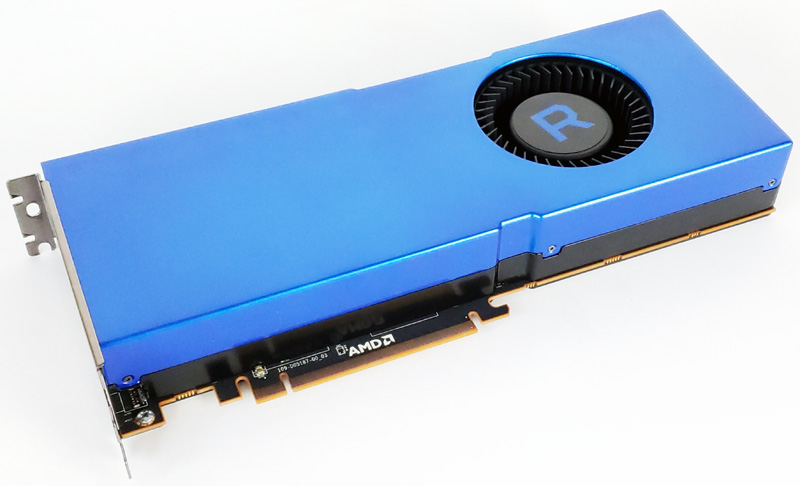
The AMD Radeon Pro WX 8200 has a length of 10.5 inches that matches other cards of this type; it is not overly long and should fit a wide variety of different cases, it is a dual-slot card so it will take up two x16 PCIe slots on your motherboard.
Let us turn the card over and take a look at the back of the WX 8200.
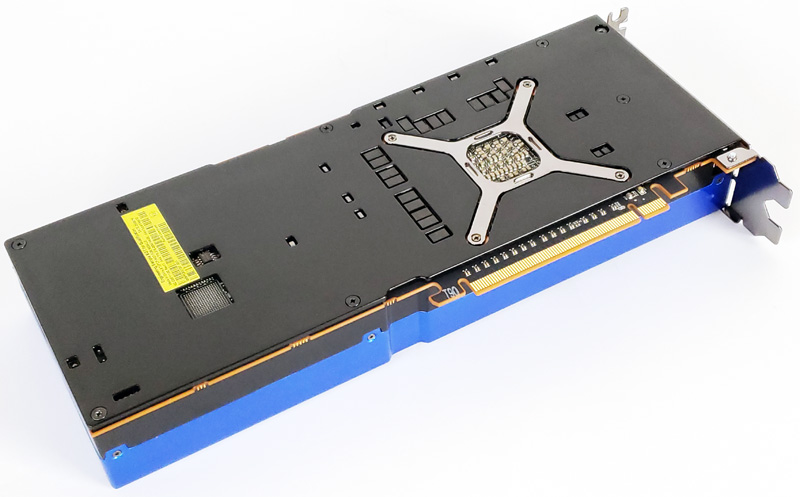
The back of the WX 8200 includes a back-plate that covers the bulk of the card. Not only does the black-plate cover electronics for protection, but we have also found in other GPU’s that this aids in cooling the GPU by spreading heat across its surface.
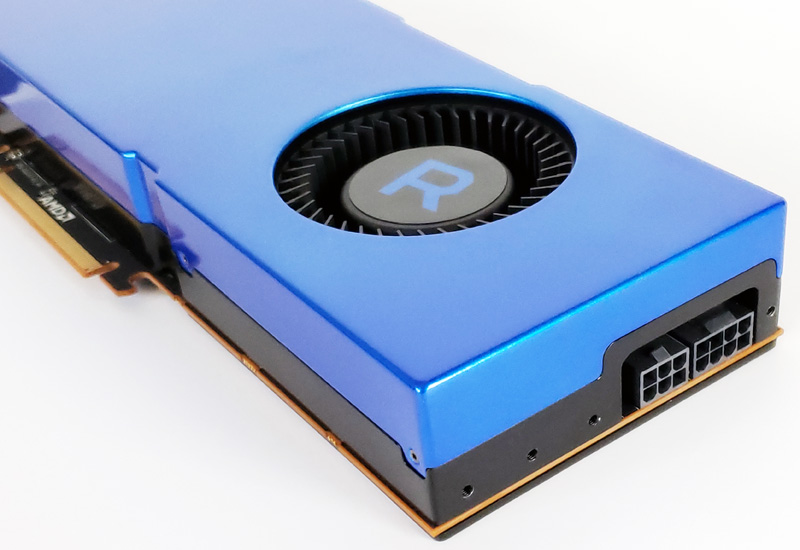
Two power ports, 1x 6-Pin, 1x 8-Pin connectors are needed to run the WX 8200. These connectors located at the back of the GPU, they do require space for the cables and connectors, be sure to allow for this when selecting a case for your workstation.
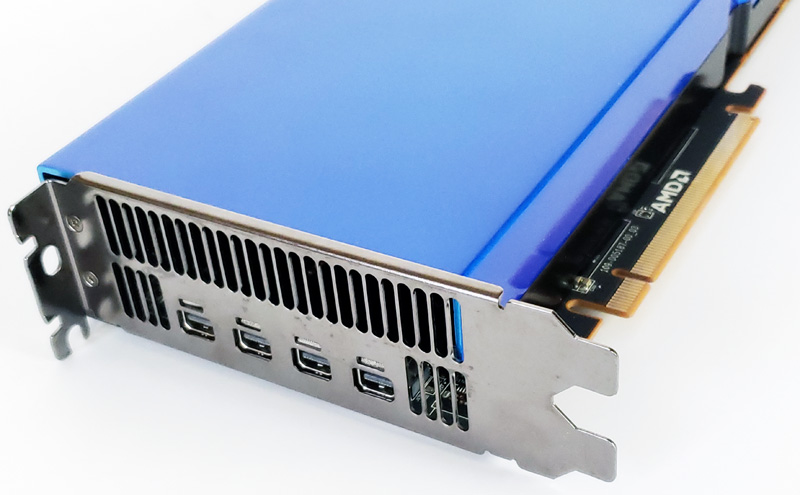
Video outputs on the WX 8200 are 4x Mini-DisplayPort 1.4 ports giving the WX 8200 support for AMD Eyefinity technology for multi-display setups. While we mostly use GPU’s and monitors that have full-size DisplayPort and HDMI ports in the lab, the Mini-DisplayPort work fine with appropriate adapters to fit whatever port we decided to use. We still prefer having other display output options if possible since adapters can be tricky.
Testing the AMD Radeon Pro WX 8200
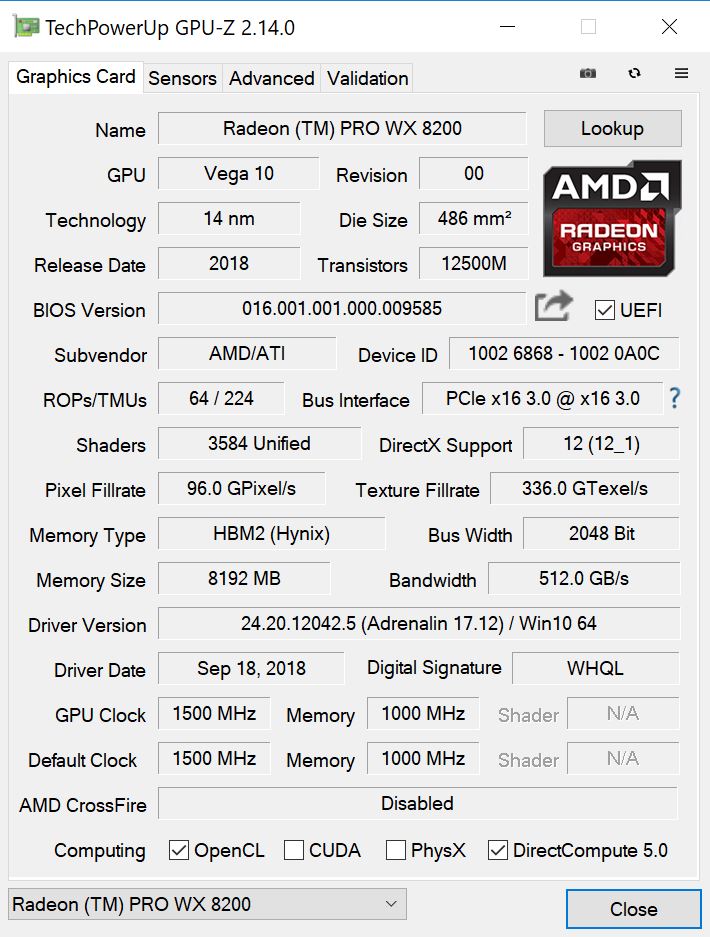
GPU-Z shows the primary stats of our WX 8200. The Vega GPU clocks in at 1500 MHz and HBM2 Memory at 1000 MHz. Pixel Fillrates run at 96 GPixels/s, and Texture Fillrate comes in at 336.0 GTexel/s.
Next, we are going to look at performance before moving onto our final thoughts on the card.

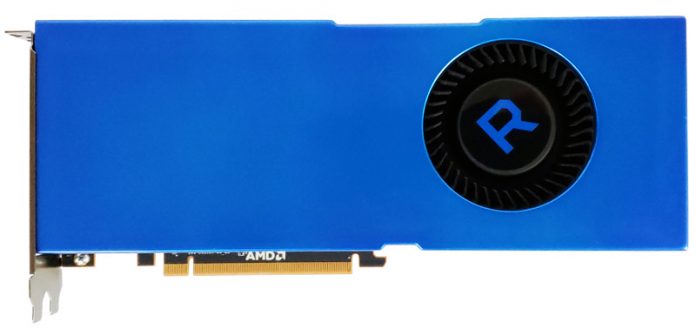
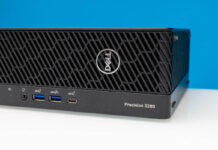
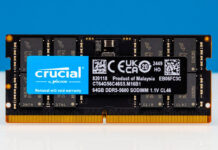
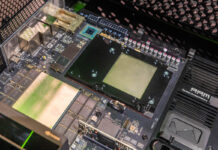
WX9100 at $1,350 and WX8200 $1,000 are both pretty good value when you need driver support for pro apps and 10 bits color overlay in OpenCL compared to the NVidia counterparts.
Power consumption comparison?
When the WX9100 is running professional applications, power consumption ranges from ~140W for 2D drawing and 3D wireframes to almost 250W under OpenGL, it jumps all the way to 265-275W for rendering.
what driver support for pro apps do you refer to? they all support consumer cards anyway.
Is it possible to share WX8200 bios to gpuz bios database? Thank you!
@Luke SolidWorks, Creo, SiemensNX, Adobe with 10bits color, etc…
I suppose, if one needs driver support for pro apps and 10bit color in OpenGL – a used Vega Frontier Edition at ~ $500 is a way better deal. The only thing these cards seem to have that FE doesn’t is ECC memory?
Did some googling, and there seem to be more differences between WX 9100 and Vega FE. The former has 6 miniDP outputs. Might have better driver support actually. Should have more pro-oriented features than the FE (most of them I couldn’t even understand lol, something about syncing virtual desktops etc). So for someone that can utilize some of those extras it’s probably worth it to go with a proper workstation card (wx 9100/8100). For amateurs Vega FE does look very attractive though, considering how many of them have become available since mining profits went down so much, and they’re popping on sites like ebay every day.